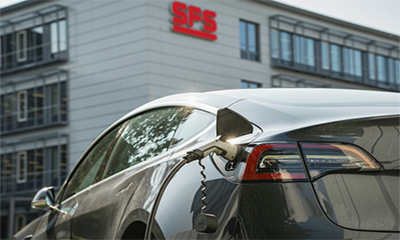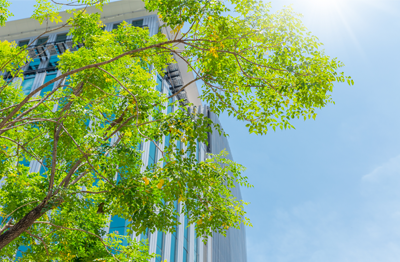Sustainability in Construction | SFS UK
As a responsible business, we're concerned with achieving sustainable success together.
What does that mean to us at SFS UK? It means working greener and smarter. Being a partner you can relay on to deliver the right solutions, the first time, that are guaranteed to perform - helping you minimise waste and build faster, more efficiently and with reduced impact on the environment.
Throughout our UK sites, we have been committed to year-on-year improvements in our operational energy efficiency. One of our initiatives is focussing on reducing our carbon footprint to protect our environment and secure the future of our industry. We do this by not sending waste to landfill, and recycle high quality materials. We have saved 47.1 tonnes of carbon dioxide.
Take a look at some of the things we have been working on and the positive impact it’s had.
Having a Positive Impact
At our Leeds and Welwyn Garden City warehouses, we have replaced our lighting systems with energy efficient LED's and PIR sensors to only turn on when movement is detected. The LED lighting system has accumulated to save around 43% in electricity consumption since they were installed at both sites.
We have replaced our heating system with a suspended gas system and destratification fans that use less then half the gas of the old system. With both additions combined, we have accumulated total energy savings of 56% in gas reduction since new systems have been installed!
Energy saved so far…
56 %
Total UK energy savings
In gas reduction
43%
Saved in the UK
On electricity consumption
90
Reduced CO₂ emissions
Across the SFS network
Environmental Impact
Here at Leeds we've changed policy on company vehicles to strongly encourage and support the selection of electric-hybrid vehicles, rather than petrol and/or diesel counterparts to be more eco-friendly. Twelve
22kW electric vehicle charge points have been installed here at Leeds. Additionally, four charge points were installed specifically for our customers. Charge points were also made available for employees with their private vehicles to further promote
the change to greener vehicle choices.
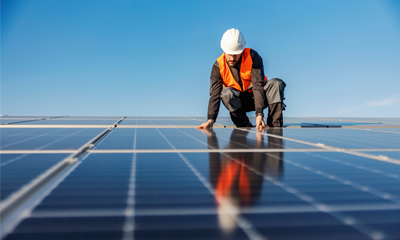
Solar Panels at Leeds
At our Leeds office we have installed 800 solar panels, providing 271,000kW of self-generated energy per year! That's preventing over 65 tones of CO₂ from being released into the atmosphere. To date, in the first 2 months since installation, the system has generated 45,000kWh of electricity! That's equivalent to; driving around 300,000 miles, charging 14 million smartphones and flying 6 return trips from London to Sydney.
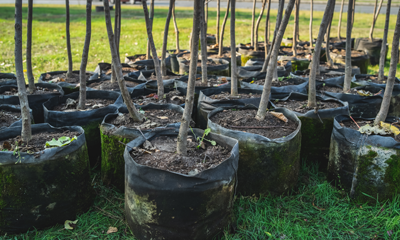
Tree Planting
Our Leeds office rolled their sleeves up and got their hands dirty planting 500 trees as part of the Leeds Flood Alleviation Scheme, with the plan to continue planting a thousand trees. Their contribution towards securing a greener future is invaluable and we're grateful to have a team that cares about making a positive impact.
Waste Management
Since 2017, all waste services at SFS Group Fastening Technology Ltd have been managed in order to reduce waste. Since then, zero waste to landfill has become the standard. Cardboard shredding machines have been purchased to remove plastic from our packaging. These cardboard shredders have two main benefits; they eliminate the cardboard waste we dispose of, whilst providing a suitable packaging material to allow us to replace the plastic shrink wrap previously used.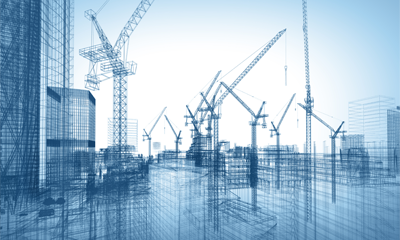
Digital Specification - Helping You Build Better
Sustainable construction practices require a high degree of precision throughout the building process. It needs smart thinking, a long-term view, and speedier, more streamlined processes. Project Builder helps you achieve this. A powerful digital calculation and specification tool, it helps your teams choose the best systems and solutions for your project, quicker and easier than ever before. Cutting your costs and reducing your project's environmental impact.
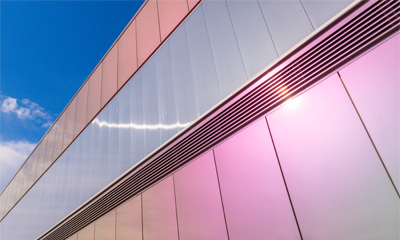
A Secure Future
At SFS we go beyond fixings and fasteners. Over the years, as we've grown, we've expanded to bring you the very best expertise across the building envelope. Because past and present, we've stayed true to a commitment to secure what matters - buildings and businesses, people and planet. Now we want to work together to be committed to securing a more sustainable future.
Implementing sustainability in building materials
Construction projects are subject to rigorous testing to gauge efficiency and performance. SFS systems, such as the thermal-boosting solutions in the building façade, are designed to help you meet their sustainable standards.Take thermal bridging on flat roofs, for example, our sleeve and fasteners option for securing our Horizontal Lifeline System provides a fast, efficient, and thermally broken solution to maximise the thermal efficiency of the roof.
All of this helps improve the thermal performance of your building, with a measurable impact on U-value ratings, while minimising the long-term need for repair and replacement and therefore, the long-term environmental impact of your building.
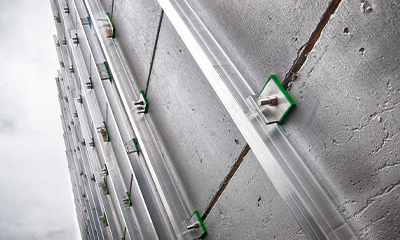
Optimised Cutting Service
The Cutting Service optimise your requirements, selecting the most economical profile lengths to satisfy your order. Our high-tech process continues using state-of-the-art cutting machinery ensuring the profiles are precision cut to the length required. This new service will speed up installation on site. Save you time, money and minimise waste. It's the smarter way to operate.
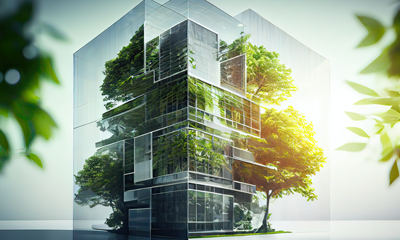
Environmental Product Declaration
We are proud to announce that SFS NVELOPE has recently been awarded an Environmental Product Declaration (EPD) for our bracket and rail products. This certification recognises our commitment to sustainability and environmental responsibility in all aspects of our business. EPD's provide detailed information on the environmental impact of a product, making it easier for us to demonstrate their commitments to sustainability and environmental responsibility.
FAQ's
1. What is sustainable construction?Sustainable construction refers to the practice of designing, constructing, operating, and maintaining buildings and infrastructure in a way that minimises their impact on the environment, while also promoting economic and social sustainability.
2. What are the benefits of sustainable construction?
The benefits of sustainable construction include: reduced environmental impact, improved energy and water efficiency, enhanced occupant health and wellbeing, improved building durability and resilience, and long-term economic and social benefits.
3. What is a Green Building and how is it different from sustainable construction?
Green Building refers to the practice of designing and constructing buildings in a way that minimises their impact on the environment and promotes occupant health and wellbeing. Sustainable construction is a broader concept that encompasses green building practices, as well as other practices that promote economic and social sustainability.

 English (Canada)
English (Canada)
 čeština (Česká republika)
čeština (Česká republika)
 magyar (Magyarország)
magyar (Magyarország)
 Deutsch (Deutschland)
Deutsch (Deutschland)
 eesti (Eesti)
eesti (Eesti)
 español (España)
español (España)
 português (Portugal)
português (Portugal)
 English
English
 suomi (Suomi)
suomi (Suomi)
 français (France)
français (France)
 italiano (Italia)
italiano (Italia)
 Nederlands (Nederland)
Nederlands (Nederland)
 norsk, bokmål (Norge)
norsk, bokmål (Norge)
 polski (Polska)
polski (Polska)
 svenska (Sverige)
svenska (Sverige)
 Türkçe (Türkiye)
Türkçe (Türkiye)


